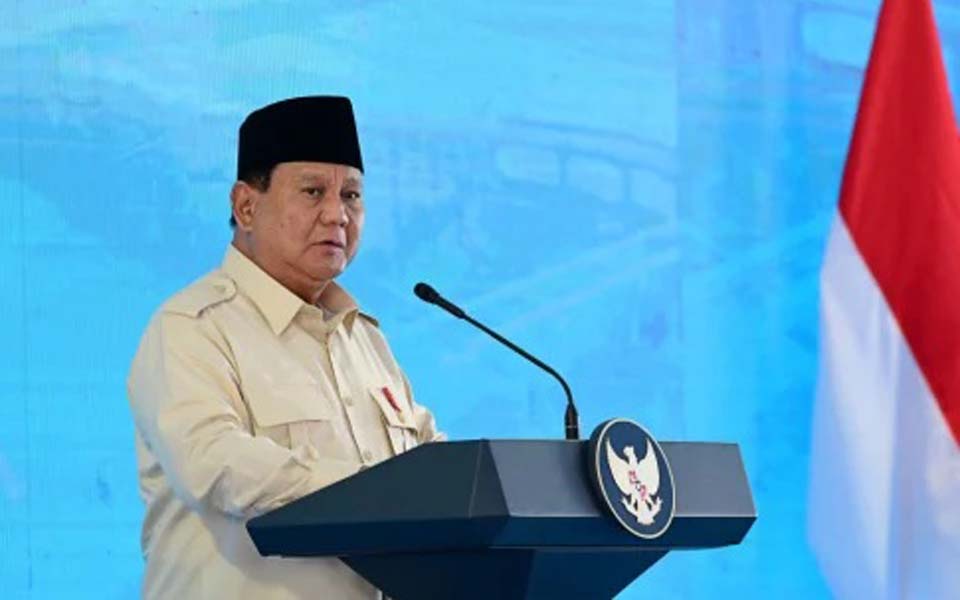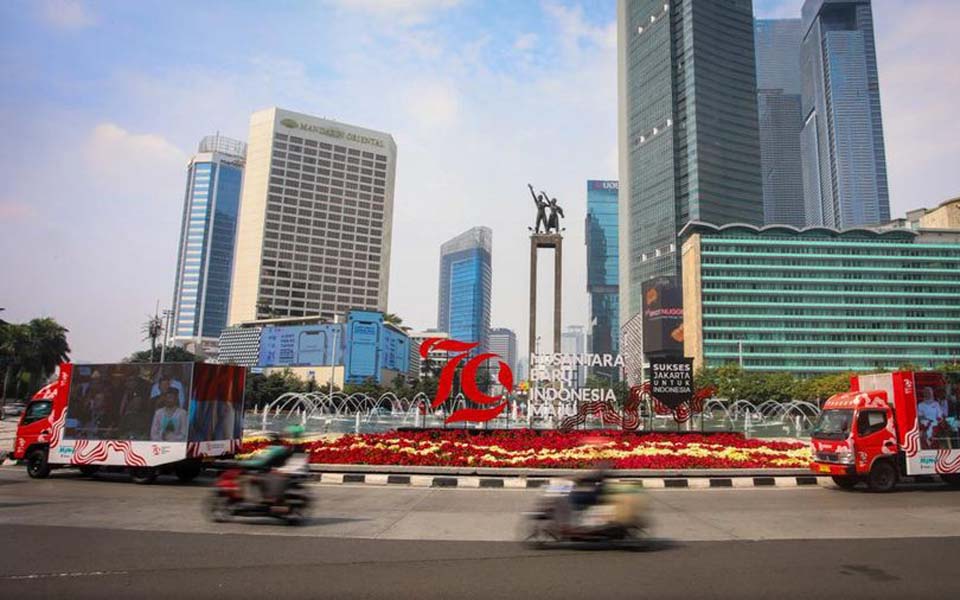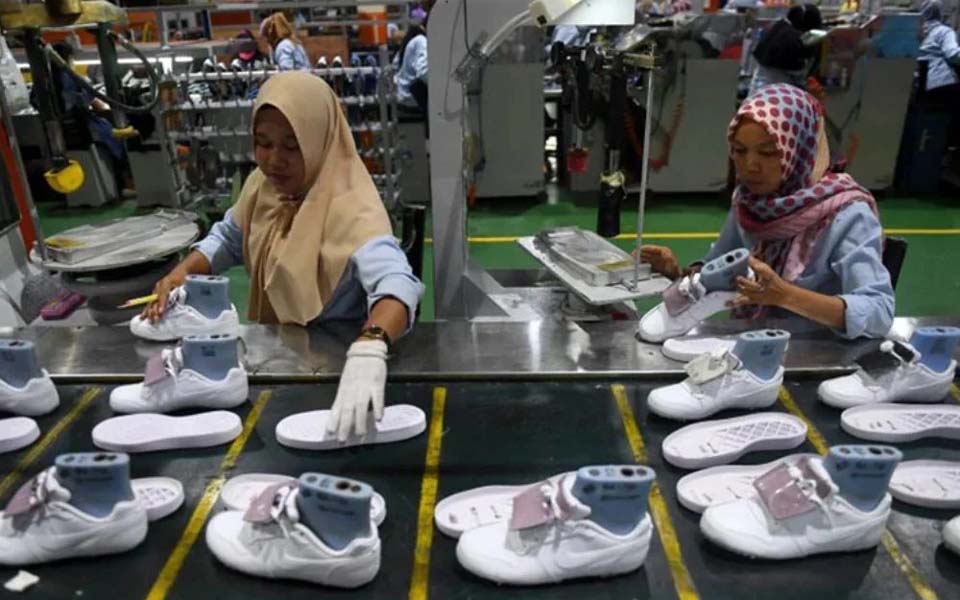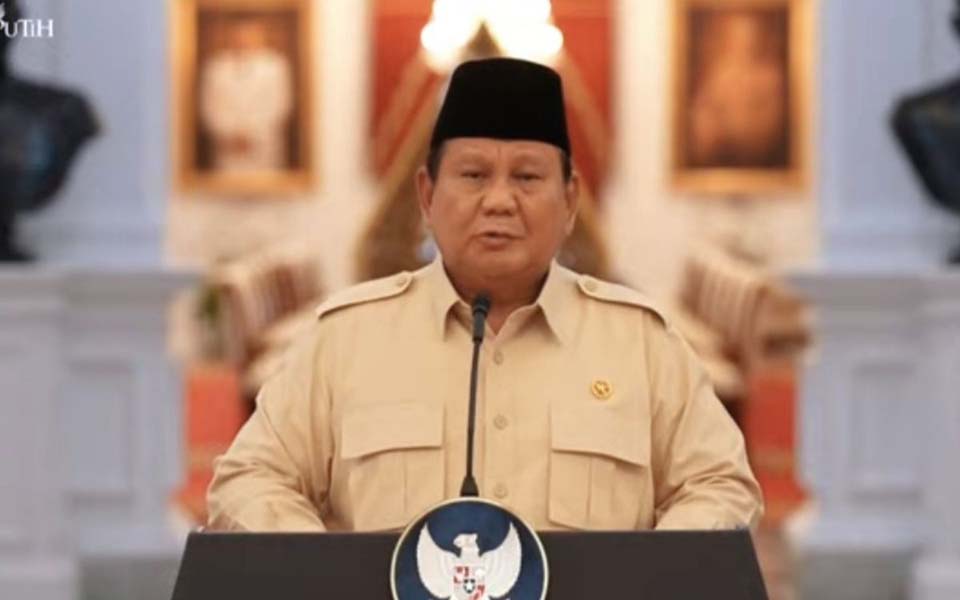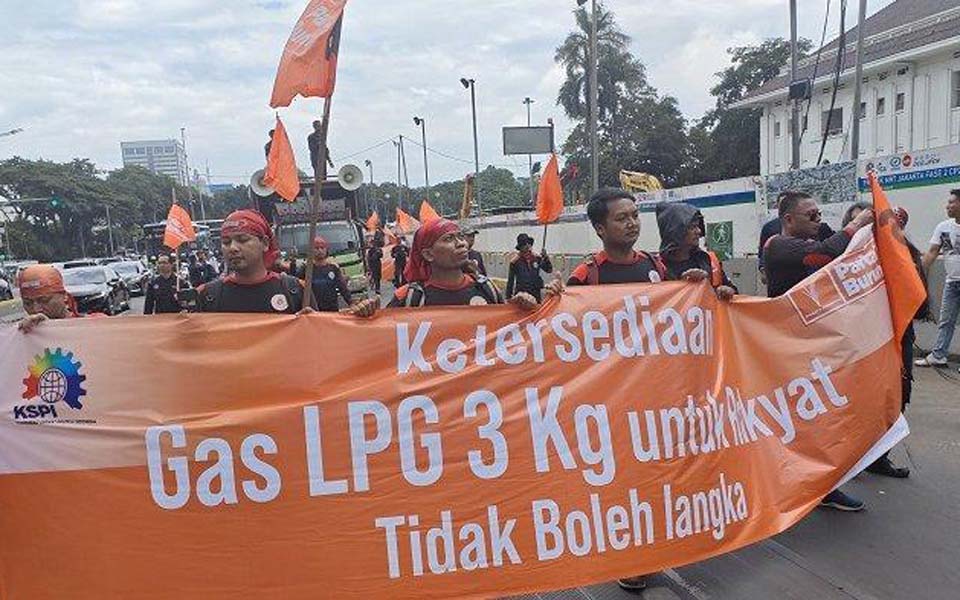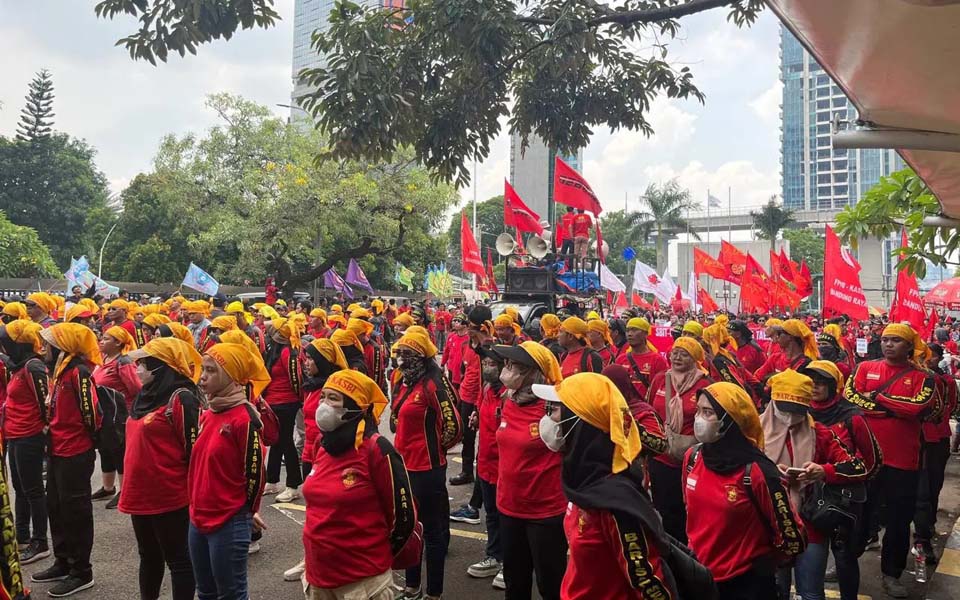After triggering a wave of protests, the government’s version of the draft revision of the labour law has been canceled.
Dita Indah Sari – Following the tripartite meeting at the State Palace on April 7, President Susilo Bambang Yudhoyono said that Law Number 13/2003 on Labour (UUK) would be improved through a national tripartite mechanism. It is hoped that this forum can produce an outcome that will bring relieve to workers, employers and the government.
There is an important point that needs to be noted here. The cancellation of the draft revision can actually be viewed as the genuine position taken by the government in looking at the labour problem. The president’s decision to cancel the draft represents a compromise that was a consequence of the pressure of recent worker demonstrations, not because of any other considerations.
Democratic mechanisms
Deliberations of the UUK within a tripartite mechanism are in accordance with the procedures for resolving labour problems. However, bearing in mind that the UUK and its revisions (if it had been implemented) would have brought with it massive changes for workers, it would be best to give an opportunity to trade unions not directly involved in the tripartite forum to present recommendations.
The economic situation that will become more and more difficult in the future will place workers in a correspondingly week bargaining position. The UUK and its revisions will become a normative regulation that will be binding on workers for years and years into the future. It is because of this that trade unions need to collectively agree on the maximum level of compromise that can be tolerated, particularly over principle issues such as contract systems, outsourcing, wages and severance pay.
Government responsibility
The president also views China and Vietnam as appropriate examples of how to overcome labour problems. China and Vietnam are seen as being able to significantly attract the interest of investors to enter these countries because they have a more flexible labour policy.
There is however something important here that is not being stated. Although wage levels in China are not very high, the government’s involvement in meeting the social needs of its people are. Newsweek Magazine (December 2005) for example explained that the Chinese government has recently increased the budget for higher education seven-fold while the Indonesian government has actually withdrawn operational funding for tertiary education. Fifty-five percent of Chinese citizens of student age can now obtain at lease one type of tertiary education. It is similar with regard to government assistance for healthcare. Thus although workers’ wages are not very high, their purchasing power and welfare levels is not as low as is the case in Indonesia.
Conversely, every year in Indonesia education and healthcare funds must succumb to the obligation to pay the debt. It is not surprising therefore that workers are making every effort to defend high levels of severance pay because it is impossible for them to hope that the government can finance the cost of education for their families after loosing a job. Workers continue to demand wage rises because their purchasing power is incapable of meeting the needs of a reasonable life. If these factors are regarded as being unproductive to investment, it is not workers that should be challenged, but the government. The business world’s charges against workers over issues of productivity are clearly misdirected.
The president’s reference to Chinese and Vietnamese models of labour flexibility should not be touted as a justification on the part of the government to cut into the remaining rights of workers. The decline of industry and human resources is not because we have failed to adopt the Chinese and Vietnamese approach to labour. Rather it is a consequence of the government’s neoliberal policies of increasing the price of goods and social services so they are out of reach of workers, business and the majority of the people. Overcoming the problem of deindustrialisation by making the protection of workers more flexible is the same as putting workers in the position of the victims as well as the accused.
Discussions over the UUK therefore, need to be accompanied by a system of reference that is healthy and honest with regard to the macroeconomic situation. Those from academic and university circles that have been asked to provide input into this issue need to totally discard the paradigm or way of thinking that cites the protection of workers as the reason for the failure to create employment opportunities.
Aside from discussing the UUK, the other pressing agenda items for workers and business is to call in the government’s promises to protect domestic industry. High interest rates, low purchasing power, numerous forms of illegal payments, bureaucratic fees, dependency on imported raw materials, the destruction of the domestic market, the low level of productivity and technology – who’s responsibility is this? Why must workers bear the burden of the crisis? Why has the president forgotten his promise?
[Dita Indah Sari is the general chairperson of the People’s Democratic Party (PRD). Translated by James Balowski.]






